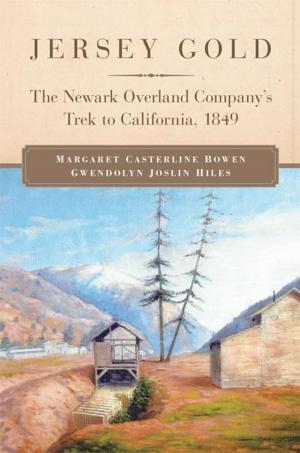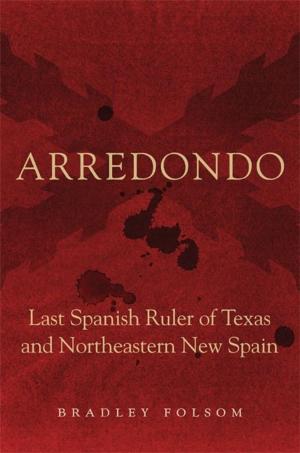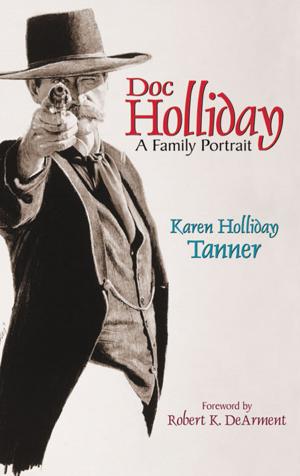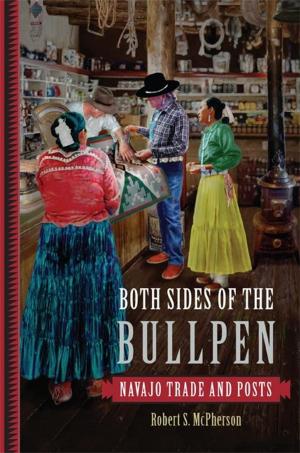Walking the Llano
A Texas Memoir of Place
Nonfiction, Science & Nature, Nature, Environment, Environmental Conservation & Protection, Biography & Memoir| Author: | Shelley Armitage | ISBN: | 9780806154206 |
| Publisher: | University of Oklahoma Press | Publication: | February 15, 2016 |
| Imprint: | University of Oklahoma Press | Language: | English |
| Author: | Shelley Armitage |
| ISBN: | 9780806154206 |
| Publisher: | University of Oklahoma Press |
| Publication: | February 15, 2016 |
| Imprint: | University of Oklahoma Press |
| Language: | English |
When American explorers crossed the Texas Panhandle, they dubbed it part of the “Great American Desert.” A “sea of grass,” the llano appeared empty, flat, and barely habitable. Contemporary developments—cell phone towers, oil rigs, and wind turbines—have only added to this stereotype. Yet in this lyrical ecomemoir, Shelley Armitage charts a unique rediscovery of the largely unknown land, a journey at once deeply personal and far-reaching in its exploration of the connections between memory, spirit, and place.
Armitage begins her narrative with the intention to walk the llano from her family farm thirty meandering miles along the Middle Alamosa Creek to the Canadian River. Along the way, she seeks the connection between her father and one of the area’s first settlers, Ysabel Gurule, who built his dugout on the banks of the Canadian. Armitage, who grew up nearby in the small town of Vega, finds this act of walking inseparable from the act of listening and writing. “What does the land say to us?” she asks as she witnesses human alterations to the landscape—perhaps most catastrophic the continued drainage of the land’s most precious resource, the Ogallala Aquifer.
Yet the llano’s wonders persist: dynamic mesas and canyons, vast flora and fauna, diverse wildlife, rich histories. Armitage recovers the voices of ancient, Native, and Hispano peoples, their stories interwoven with her own: her father’s legacy, her mother’s decline, a brother’s love. The llano holds not only the beauty of ecological surprises but a renewed realization of kinship in a world ever changing.
Reminiscent of the work of Terry Tempest Williams and John McPhee, Walking the Llano is both a celebration of an oft-overlooked region and a soaring testimony to the power of the landscape to draw us into greater understanding of ourselves and others by experiencing a deeper connection with the places we inhabit.
When American explorers crossed the Texas Panhandle, they dubbed it part of the “Great American Desert.” A “sea of grass,” the llano appeared empty, flat, and barely habitable. Contemporary developments—cell phone towers, oil rigs, and wind turbines—have only added to this stereotype. Yet in this lyrical ecomemoir, Shelley Armitage charts a unique rediscovery of the largely unknown land, a journey at once deeply personal and far-reaching in its exploration of the connections between memory, spirit, and place.
Armitage begins her narrative with the intention to walk the llano from her family farm thirty meandering miles along the Middle Alamosa Creek to the Canadian River. Along the way, she seeks the connection between her father and one of the area’s first settlers, Ysabel Gurule, who built his dugout on the banks of the Canadian. Armitage, who grew up nearby in the small town of Vega, finds this act of walking inseparable from the act of listening and writing. “What does the land say to us?” she asks as she witnesses human alterations to the landscape—perhaps most catastrophic the continued drainage of the land’s most precious resource, the Ogallala Aquifer.
Yet the llano’s wonders persist: dynamic mesas and canyons, vast flora and fauna, diverse wildlife, rich histories. Armitage recovers the voices of ancient, Native, and Hispano peoples, their stories interwoven with her own: her father’s legacy, her mother’s decline, a brother’s love. The llano holds not only the beauty of ecological surprises but a renewed realization of kinship in a world ever changing.
Reminiscent of the work of Terry Tempest Williams and John McPhee, Walking the Llano is both a celebration of an oft-overlooked region and a soaring testimony to the power of the landscape to draw us into greater understanding of ourselves and others by experiencing a deeper connection with the places we inhabit.















